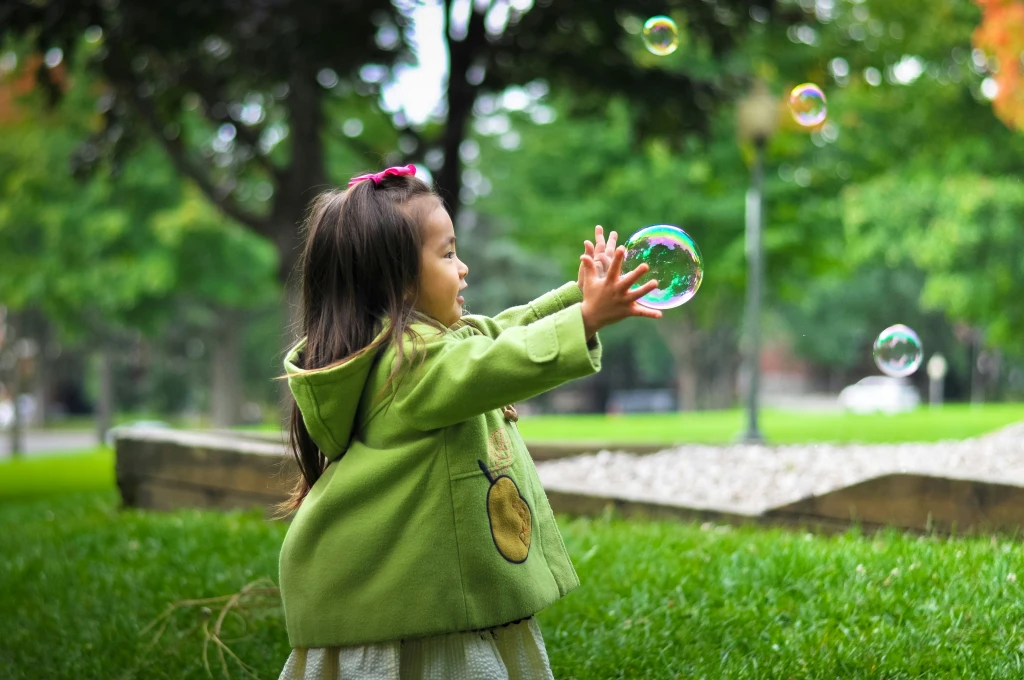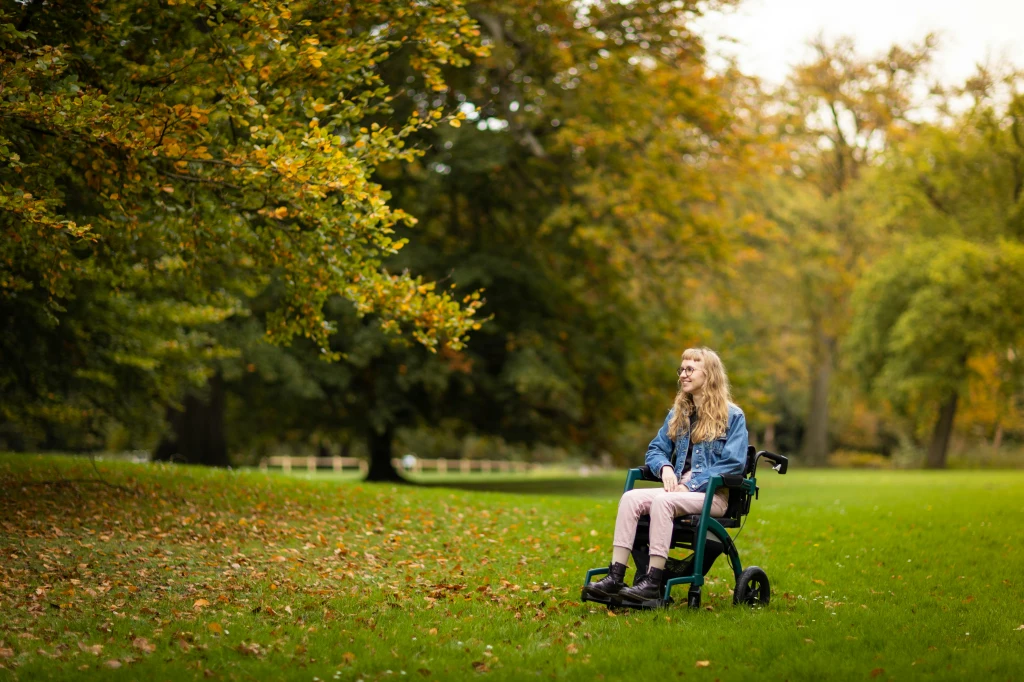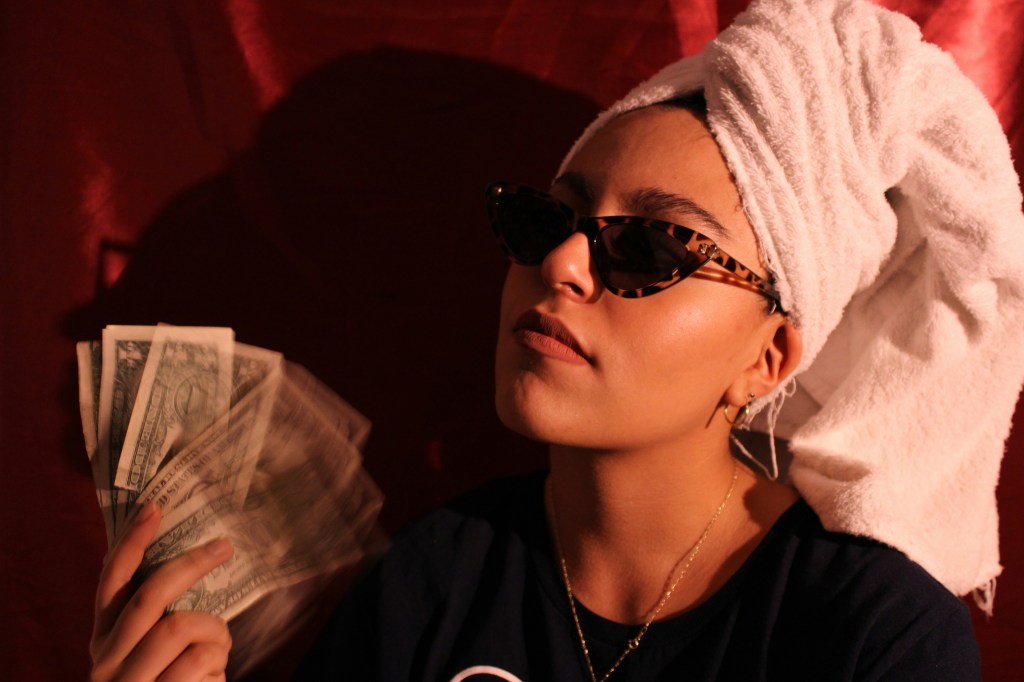Hi, friends. I’ve been lagging a bit with likes and replies because I participate in lay servant class each year. “Laity” refers to the church body (as opposed to the clergy). In the United Methodist Church, each state (in the US) is divided into districts, and the districts have all kinds of events that encourage Methodists in the same region to connect. Lay classes are hosted in our district at the end of February-beginning of March. We select a class from a range of topics, like “Biblical Interpretation” or “Devotional Life,” and for four days/two weekends, we take the classes because we seek spiritual and intellectual growth.
I took “Preaching” this year because I took “Basic,” then “History of the UM Church,” then “Devotional Life.” It seemed belated since I already preach when my pastor needs a substitute, but I figured two things: there’s always room for improvement and better late than never. This year, I left feeling enriched by my class’s diversity.
Christians of Different Ages, Races, & Backgrounds

I think it’s awesome that the lay classes are about 50% white, 50% black. Methodist churches (at least in the country versus the city) tend to separate themselves by color, as do a lot of churches in other denominations. When we have district events, though, racial diversity is strong. Most participants are older, but we have some young blood at lay class; I’m 24, and probably 25% of us fall in the twenty’s to early thirty’s range.
The diversity in my “Preaching” class was also strong. We had two younger black people, an older black man, some middle-aged and older white people, and me–a young, white, disabled woman. Our instructors were black.
Our differences in race and age were intriguing but not inherently touching; Lord is the Lord of all peoples everywhere, after all. What truly inspired me was the differences in our backgrounds or “our stories.”
The young black man teaches special education and coaches high schoolers. He tells his players, “trust is a must,” which he also applies to his relationship with God.
The young black woman has a husband and kids and is working on her second master’s degree. She choked up as she explained that she had ignored spiritual urges in the past but is listening to them now. Our class voted for her to give the sermon at the final gathering of all the classes because she speaks like an Evangelist.
An older white man grew up with alcoholic parents; he saw “evil things that a child should never see.” He recently took his church’s youth group on a spiritual retreat and was moved that teenagers can have such strong faith.
An older white man “wasn’t convinced by stale, old-time religion” when he was in college. He’s 76 and recently discovered that his passion in life is going on mission trips and literally getting his hands dirty for God’s kingdom.
One of the instructors, an older black lady, had a stroke last year during lay school but stood before us one year later. She firmly believes that God’s grace allowed her to return this year.
Diversity is a huge buzzword these days. In God’s kingdom, diversity on the outside is irrelevant, but people who are fixated on the term generally refer to superficial qualities like race.
In the scenario of Christians coming together, superficial diversity is incidental. What stirs people’s hearts and makes a real impact is the variety in our testimonies–“our stories.” Though all of our paths wind in different directions, we are all travelling to the same place, grasping the same hand as we make our spiritual journeys.
Thanks for reading!





Leave a comment